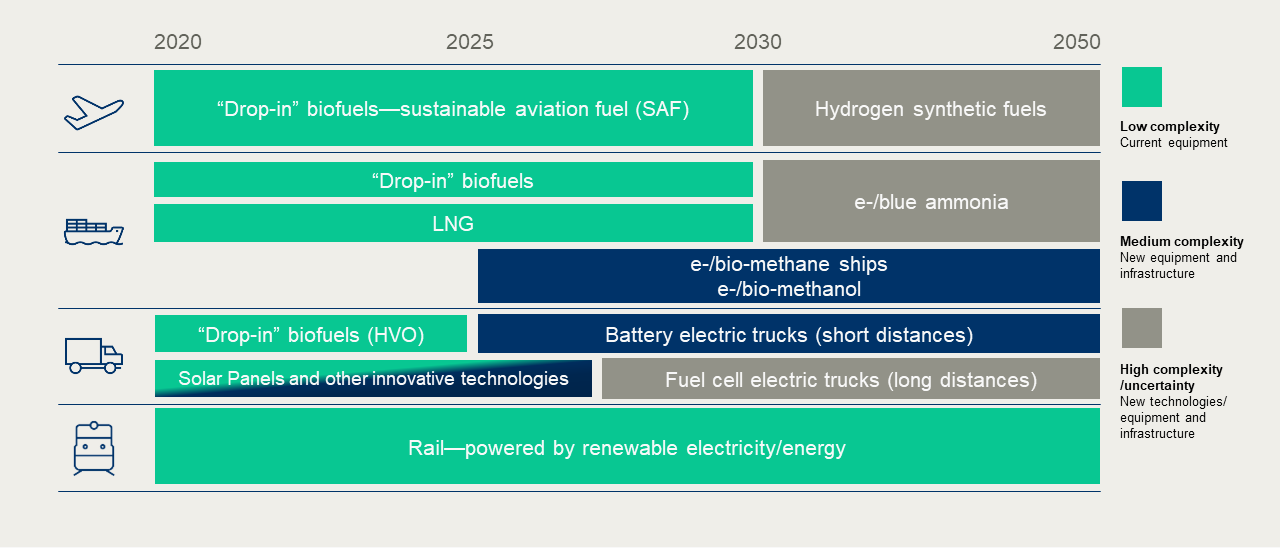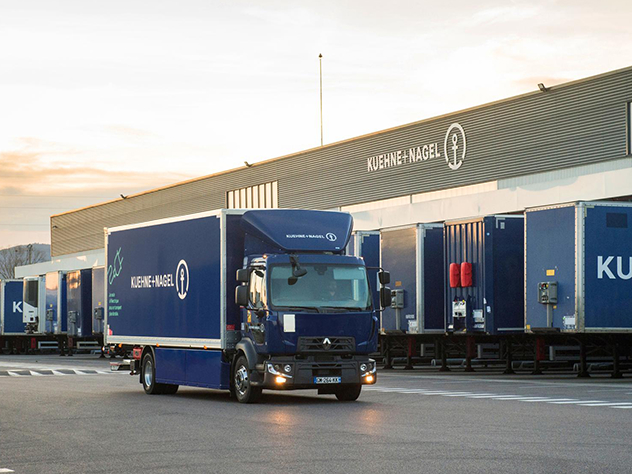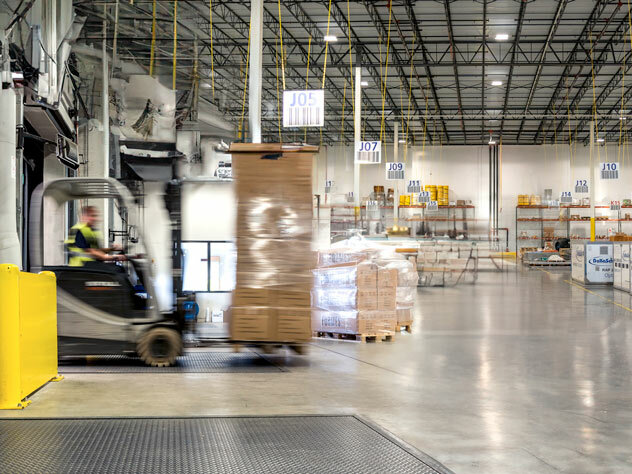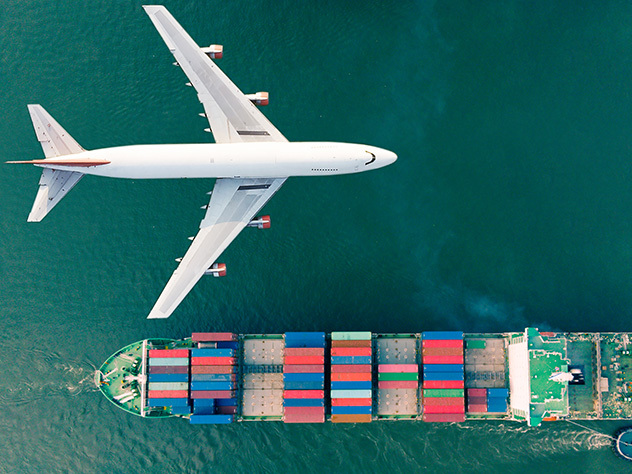Back Sustainability in transportation for supply chains
Market Insights
Sustainability in transportation — an enterprising future
The transition to clean technology presents specific challenges. Any new solution has to move long distances, support heavyweight and high-volume shipping and be resilient in extreme weather conditions. While passenger e-vehicles are expanding, the technology has yet to accommodate long-haul and heavy trucking. Nor is it suitable for long-distance maritime and air transport.
Despite the hurdles that CO2 abatement poses, companies are demanding greener transport options. Even with a turbulent geopolitical and economic landscape, interest in sustainable supply chains remains high.
Good news on the horizon
Whether you ship by sea, air or road, the transportation industry is making large investments in different technology pathways. The first prototype fuel cell trucks are already on the road and low-carbon fuels provide current to mid-range solutions. Called ‘drop-in fuels’—because they are dropped into existing fuel tanks blended with conventional fossil fuels—these low-carbon options are produced primarily from second and third-generation biomass sources (e.g. sustainable aviation fuel, bunker biofuel and hydrogenated vegetable oil). The big challenge is scaling to provide sufficient quantities and do it at affordable prices.
Clean technologies are developing
Shippers have more options to reduce carbon and track the amount and deployment of the biofuels burned. Here, the mass balance approach is an important interim step towards a net zero carbon future in the transportation sector.
While biofuel demand and production expand globally, the pace is not yet consistent with net zero. Cost targets have to be set to ensure clean fuels are on par with fossil fuels. Reaching that goal requires government intervention for regulatory measures, low-carbon fuel standards, greenhouse gas intensity targets, carbon pricing and financial incentives.
The future is open to all types of technology that can help achieve greater sustainability. Only through collaboration can we work differently, find breakthrough ideas and design new business models.
Through commitment and tenacity, we can create zero-carbon transportation for more sustainable global trade.
Andrea Debbané, Global Head of Sustainability












